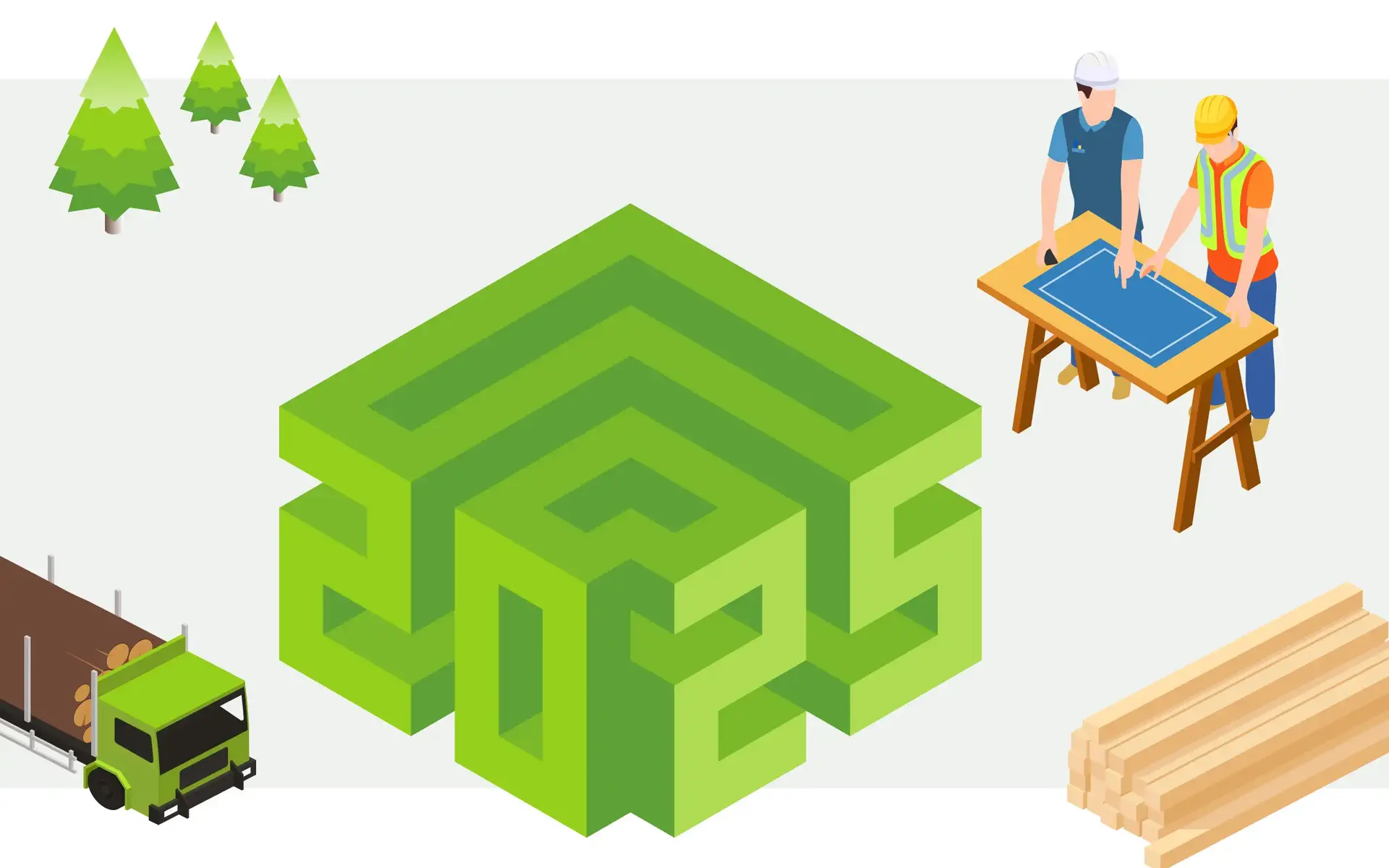Timber construction gaining market share while packaging faces pressure
The major challenges are chiefly affecting the construction sector, the downturn in which has also hit the timber industry hard. Yet there are positive signs coming from the infrastructure construction segment, especially in Southern Europe: in Italy alone, for instance, some 850 timber-built schools and nurseries are set to be constructed over the next few years. Whilst sales of sawn timber and formwork products were satisfactory, the packaging sector is coming under increasing pressure, with demand for transport pallets falling significantly due in particular to the crisis in the automotive and supplier industry and the trend towards electromobility. Fiercer competition and cuts to subsidies are also weighing heavily on the biofuels market in Germany. Viewed over the long term, however, wood will remain a key raw material for the future. Ebner explained:
“Wood holds the key to building more sustainably and meeting the EU’s climate targets”
Thanks to its versatility and the fact that it is available locally, wood is a vital component of the transformation into a lower-emission economy.
